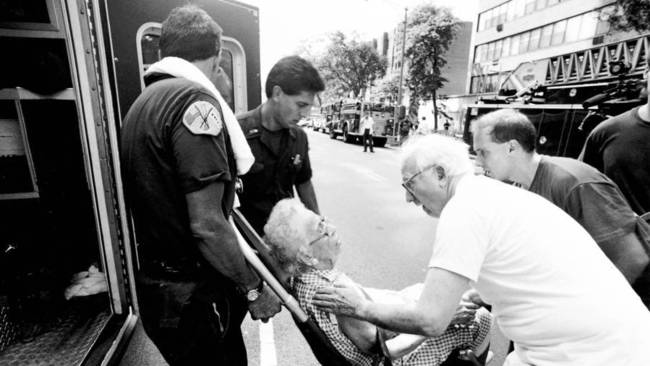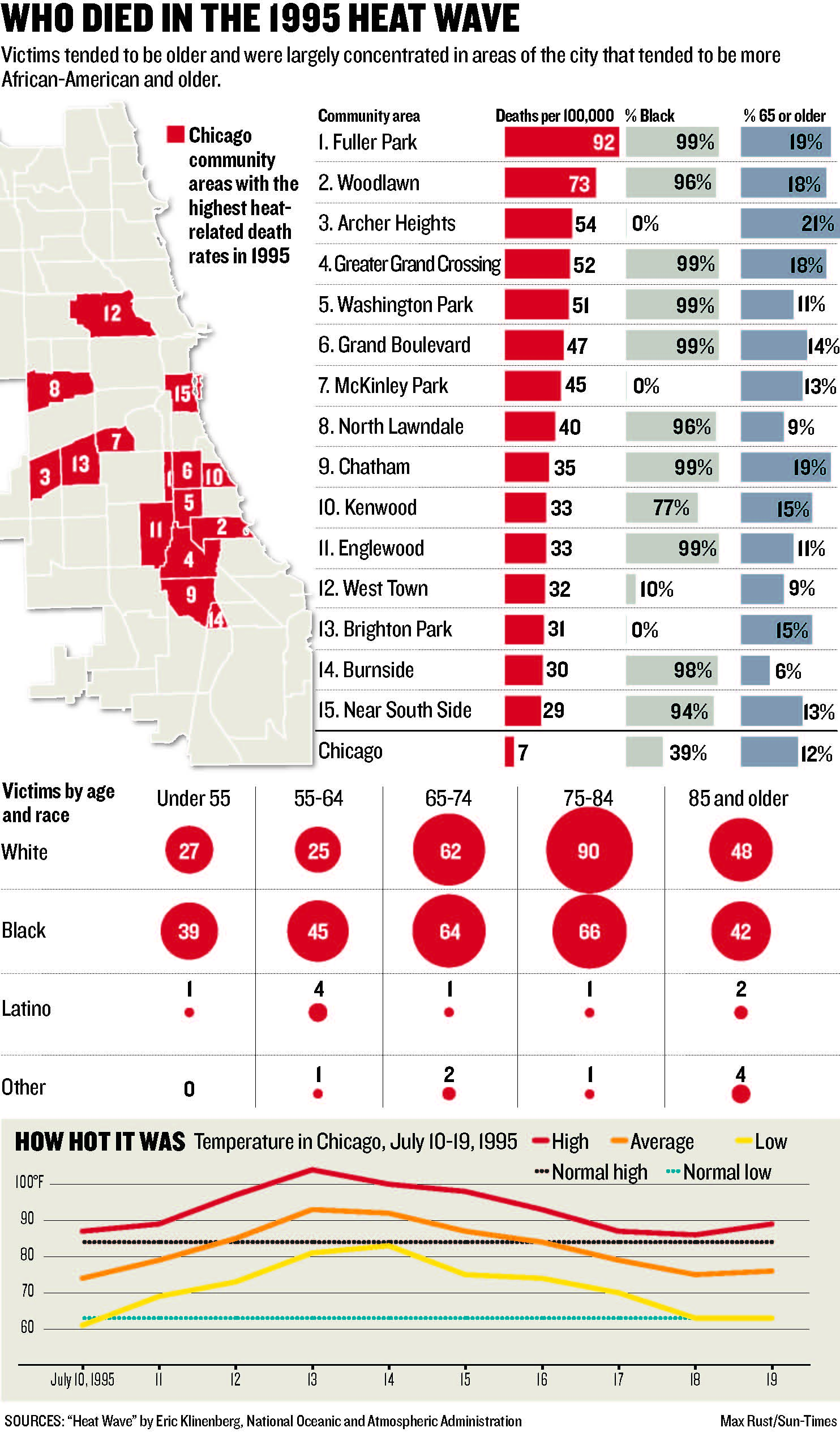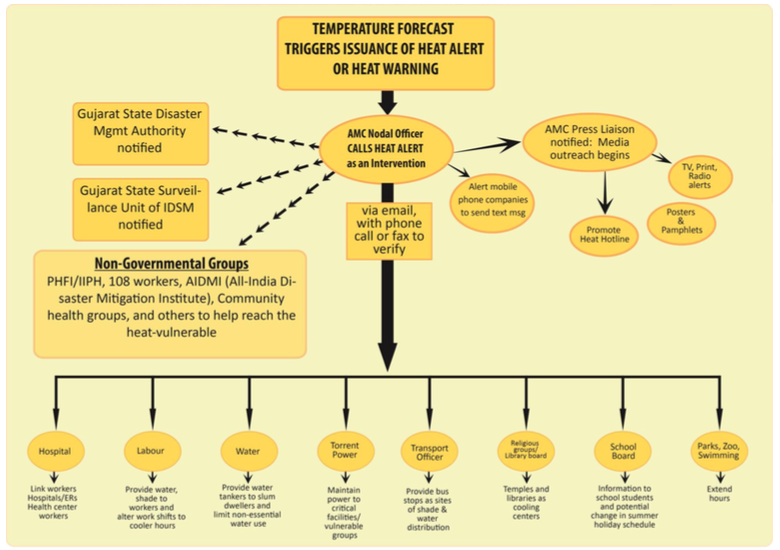Lessons for Urban Survival from the Infamous Chicago Heat Wave
Cities as well as state and federal governments have improved in terms of being able to organize a response to large-scale disasters. However, fundamental problems still exist that continue to place countless lives in danger. Let’s take a look at some basic issues that large populations will be confronted with a prolonged heat emergency. Understanding these issues can help with the planning of effective urban survival strategies.
Most deaths in Chicago occurred because poor, elderly and ailing residents couldn’t get help. Politicians also diminished the potential magnitude of the heat wave even thought forecasts predicted it well in advance. Many managers, city leaders and politicians were also on vacation and a leadership vacuum was created during the beginning of the crisis. Emergency responders were overwhelmed with calls for help. Fire hydrants were cracked open to provide cool water across the city, and lower water pressure hampered firefighting efforts.
The power grid failed numerous times across the metropolitan area, creating sporadic outages that impacted almost every aspect of modern life. Many older homes, apartment buildings, shops and offices were not designed to ward off heat, and air conditioning wasn’t nearly as common then as it is now. Stores shut down, food spoiled, alarm systems failed, cooling centers became overwhelmed and people roasted in hot buildings that had little or no air circulation.
It took weeks for government officials to organize a recovery response, and some victims weren’t found until long after the heat wave passed. Many victims were never identified or “claimed”, and a mass grave was created far to the south of the city in which plain wooden caskets were unceremoniously buried.
Since then, the government has improved communications and contingency plans for a repeat event. However, much of the response involves getting people to cooling centers and increasing the number of emergency responders. Unfortunately, these don’t really address the underlying problems and potential dangers.
The electrical grid is still taxed to the limit, transportation systems are over loaded, access to supplies is limited and demand for services will still significantly outweigh capacity. People will die because politicians will downplay the nature of the problem, and response services will be minimal at best and implemented only when necessary.
When a heat wave comes and the power goes out, millions of people overwhelm government responses and solutions. This has happened time and time again, and Chicago was thought of as a benchmark in terms of emergency management. However, the reality is that little was actually done that will improve responses in the future.
The best way to prepare is to get as far away from cities as possible BEFORE a heat wave hits. Have money set aside for this purpose, and don’t wait until the last minute to leave. If you end up getting stuck, make sure that you know where and how you can get to a safe cooling center. Make sure that you don’t take important documents or valuables with you. If you shelter in place, have a backup generator as well as alternative cooling methods that you can use in your home. Have weapons ready and secure your property, and make sure that you have lots of food and water. Things will get very nasty very quickly in urban areas once the power goes out, and urban areas can explode into what resembles cities in the third world.
Don’t be lulled into complacency in terms of thinking that all is well and that large cities won’t have problems similar to what Chicago experienced. There is a good chance that things may actually end up much worse, and you need to be ready.




